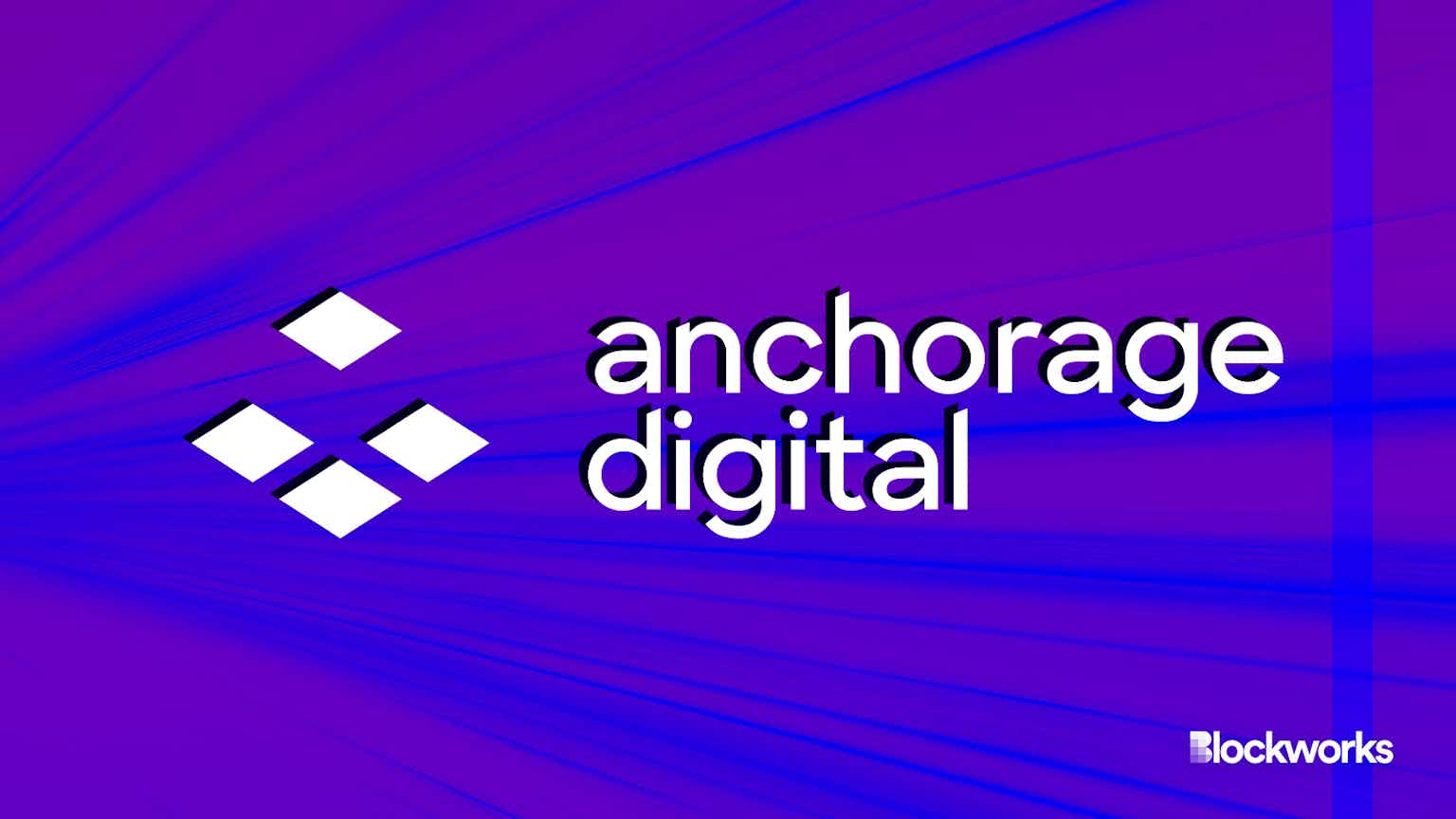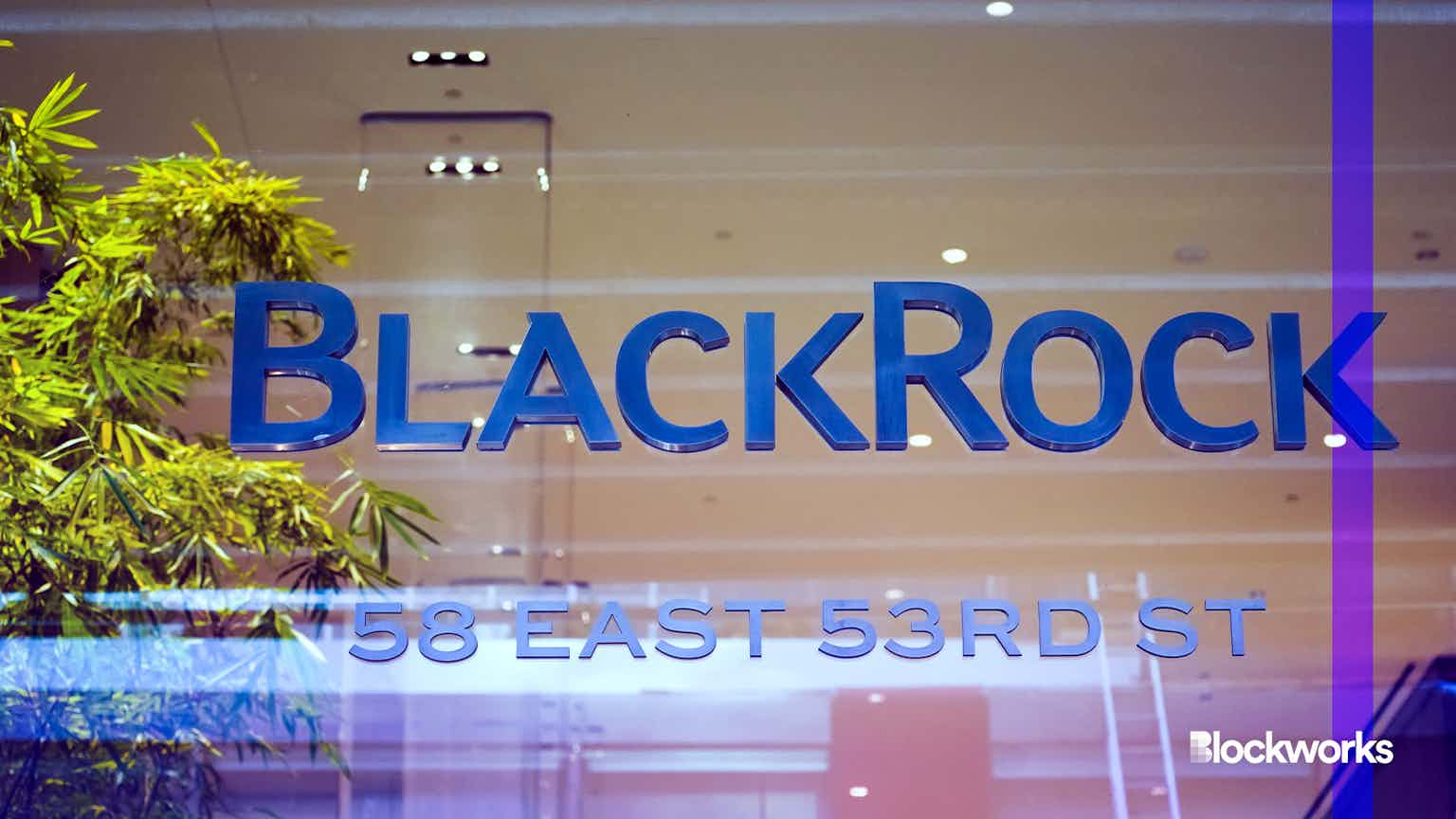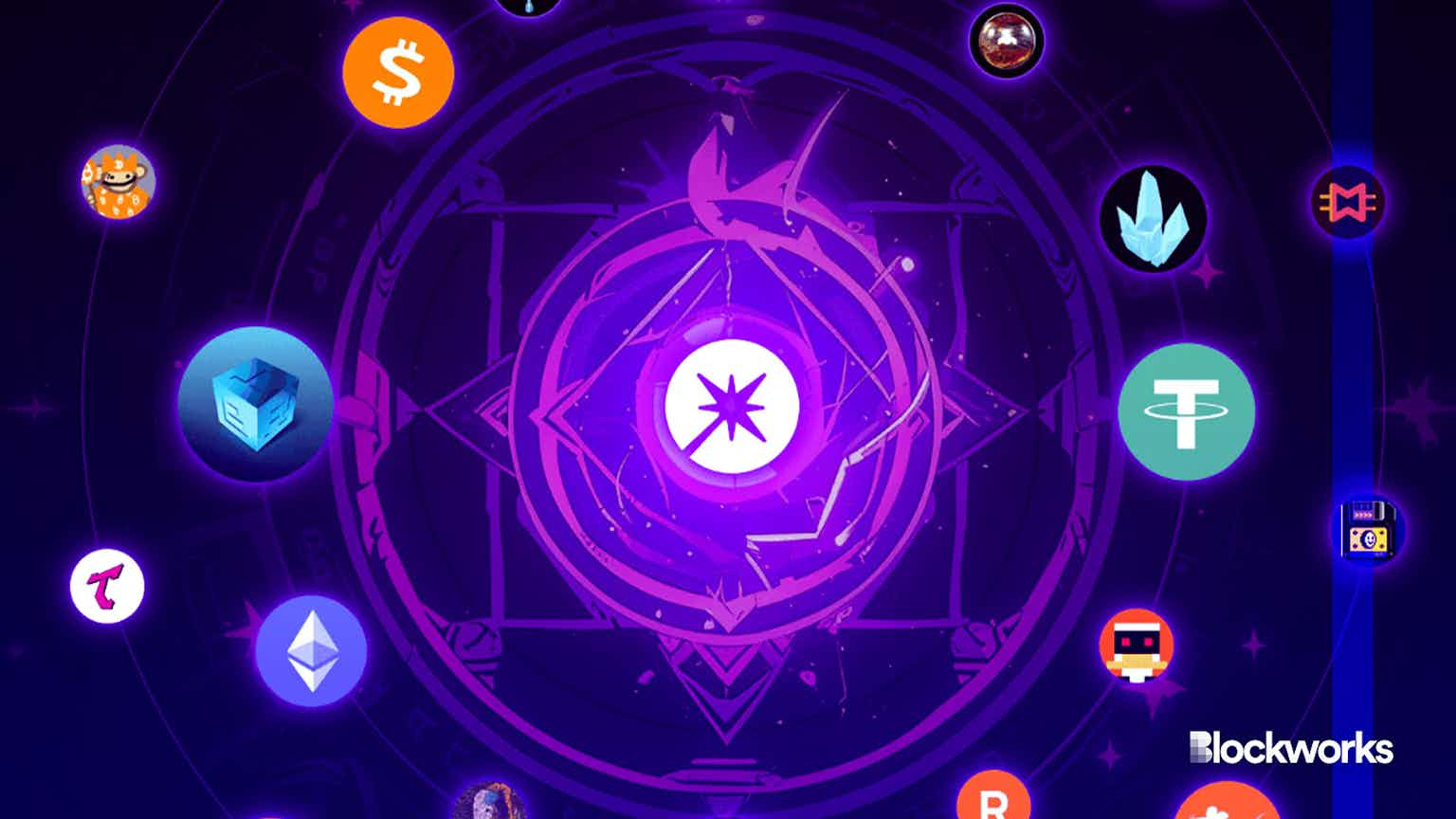Meta’s Metaverse Division Loses Nearly $3.7B in Q3
Meta’s stock price was down about 15% in after-hours trading, as of 5:15 pm ET

Meta’s Mark Zuckerberg | Source: Shutterstock
key takeaways
- Reality Labs’ Q3 numbers follow the business’s losses of $2.9 billion and $2.8 billion in the year’s first and second quarter, respectively
- Altimeter Capital CEO Brad Gerstner urged Meta to cut back on metaverse-related investments in an open letter published Monday
Meta’s Reality Labs business — the division in charge of producing metaverse-related technology — once again saw heavy losses, hemorrhaging nearly $3.7 billion during the third quarter.
The company’s family of apps division, which includes Facebook, Instagram, Messenger and WhatsApp, posted a net income of roughly $9.3 billion during the quarter, down about 28% year over year.
Overall, Meta’s earnings per share of $1.64 fell short of the $1.89 expected. Its net income of nearly $5.7 billion in the third quarter is down 46% from the third quarter of 2021.
“We do anticipate that Reality Labs operating losses in 2023 will grow significantly year-over-year,” Meta Chief Financial Officer David Wehner said in a statement. “Beyond 2023, we expect to pace Reality Labs investments such that we can achieve our goal of growing overall company operating income in the long run.”
Meta CEO Mark Zuckerberg said during an earnings call Wednesday that while people are perhaps most aware of the company’s virtual reality headsets, the company is working on several metaverse-related efforts. Such initiatives include a social metaverse platform with avatars, augmented reality and neural interfaces.
“I get that a lot of people might disagree with this investment,” Zuckerberg said. “But from what I can tell, I think this is going to be a very important thing, and I think it would be a mistake to not focus on any of these areas, which I think will be fundamentally important to the future.”
Meta in July reported a second-quarter loss of $2.8 billion for its Reality Labs division, adding to a $2.9 billion loss in this year’s first quarter. Last year the unit posted an annual loss of $10.2 billion, bringing combined losses to nearly $20 billion, as of Sept. 30.
The continued losses in this business segment come after Facebook changed its name to Meta in October last year to capitalize on the anticipated metaverse trend.
Meta’s stock price is down roughly 62% year to date. The price was down about 15% in after-hours trading, as of 5:15 pm ET.
In an open letter to Mark Zuckerberg and Meta’s board of directors published Monday, Altimeter Capital CEO Brad Gerstner said that Meta has “lost the confidence of investors,” recommending that it should streamline its focus. Altimeter is a long-term shareholder in Meta, he said.
As part of this suggested refocus, Gerstner said Meta should limit its investment in the metaverse and Reality Labs to no more than $5 billion per year — less than its planned investments of between $10 billion and $15 billion per year, which Gerstner said could take 10 years to yield results.
“An estimated $100 [billion] investment in an unknown future is super-sized and terrifying, even by Silicon Valley standards,” Gerstner said. “We have little doubt investors and others would happily support scaling up these investments as the [return on investment] becomes more tangible — even if still long-term.”
Start your day with top crypto insights from David Canellis and Katherine Ross. Subscribe to the Empire newsletter.





